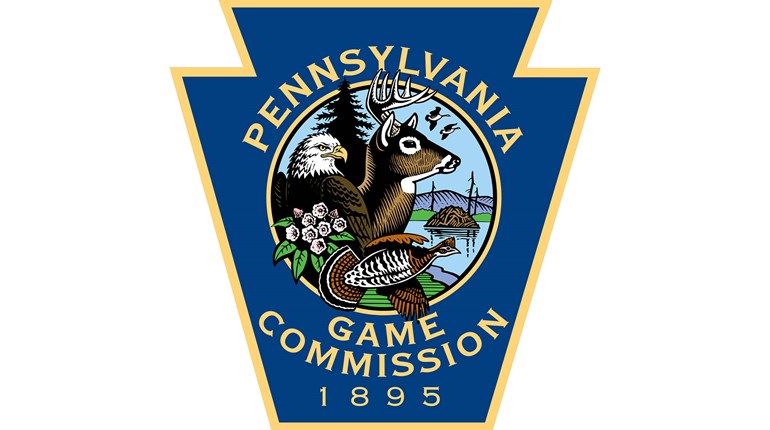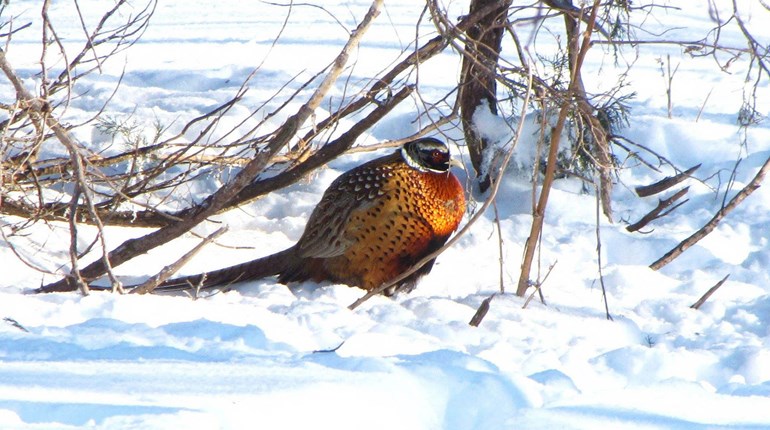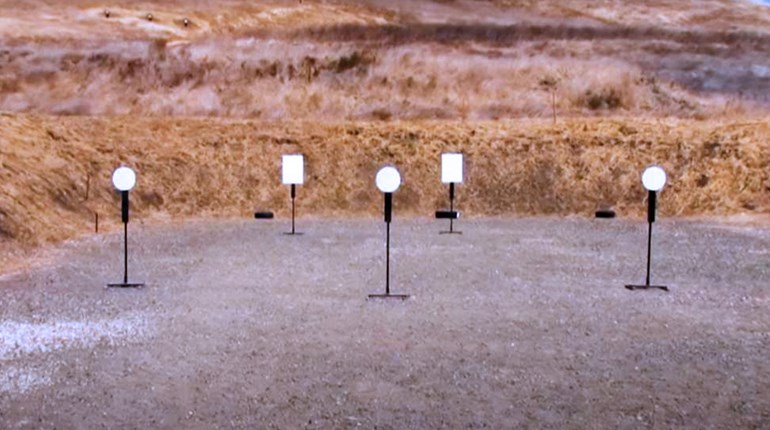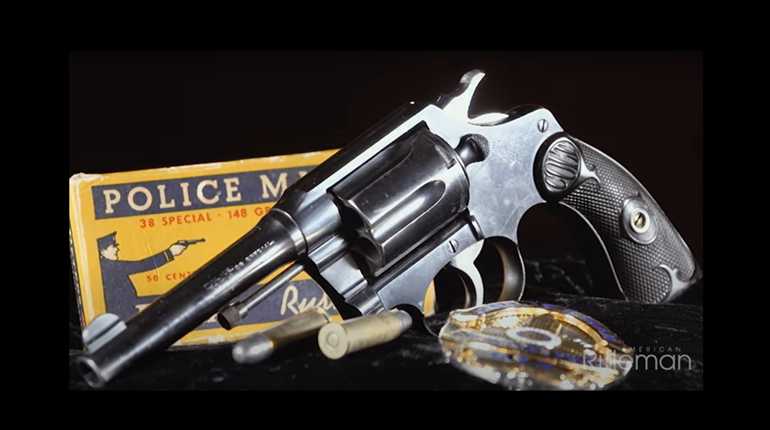
The road to the Daisy Outdoors Annual BB Gun Championships is a long one for the young shooters who qualify, but the lessons they learn along the way will serve them well over the long haul, not just at the firing line. The parents, coaches and kids provided many of the details at this year’s match.
There’s no denying the excitement and fun are always contagious at the Annual Daisy Outdoor BB Gun Championships, and this year’s event—the 51st annual—was no exception. Non-shooting festivities like the standing-room-only barter bar, where youngsters exchange trinkets from their respective locales, an evening of fun at a water park and much more help relieve the pressure, but the world-class match wouldn’t deliver the same subliminal message if it wasn’t run with the precision expected of competitors.
The company’s efforts didn’t escape the notice of first-time attendee Chris McGee, an associate coach with the 4-H team from Union County, Georgia. “What Daisy does is unbelievable,” he said. “They’ve got their act together.” From the match’s opening and Parade of Champions on July 3—preceded by a pair of practice days—to grand finale and winner announcements on the Fourth of July, things ran hiccup free and, as always, on schedule.
There’s more to it than just making competitors, coaches and parents want to come back, though. Lack of unexpected distractions and the staff’s undivided attention to the event also reinforces valuable lessons taught to the shooters back on their home range all season long.
“They learn life skills,” explained Alan Daniels, whose youngster shoots with the Wyandotte 4-H Team from Kansas. “They learn discipline, focus and sportsmanship.” The benefits haven’t escaped the notice of other people in his region either. Shooting sports is the largest program in his local 4-H and a local match always attracts 100 to 125 competitors.
Troy Martin, head coach of the Barstow County 4-H S.A.F.E. Team, from Georgia—with 16 years of experience—agrees. “They start learning to focus and concentrate, and in the classroom it’s training them to look, listen and learn.” In addition, he said, it also helps them to “learn the respect and safety of firearms, which will be with them for life.”
Parent Cynthia Bird of the Wyandotte team agrees on gun safety, explaining her child “…breaks everything but guns, because he’s been taught safety.” There’s another reason she wholeheartedly endorsed the program, though. “We have four kids. This is something we do as a family,” she explained. “And my kids are not athletic…they can be successful in this sport.” Her husband, Tim Bird, concurs. “We do this as a family,” he said. “We don’t go our separate ways.”
“I think it does a lot for the kids,” said Gilbert Aranda, a parent from Montgomery County 4-H in Texas. His list of benefits included respect and learning “How to work as a team…and all this reflects in them as an adult.”
Nick Dall’s multiple transfers during his career as an aviator in the U.S. Army—most recently from Fort Carson, Colorado, to Fort Leavenworth in Kansas—give him a different perspective as a father. The sport provides, “…a sense of belonging for a lot of kids,” he said, adding, “Self-development is a big thing for kids. When you give them a chance to explore for themselves, it’s amazing.” His wife, Katie Dall, concurred with, “In shooting sports he [their son] has made lifelong friends,” which is no small feat for a military family with routine changes of address.
What attracts the youths to the firing line is vastly different, although all agree it’s fun. When a 4-H officer came into school and talked about the shooting program, 12-year-old Emma Swofford from the Barstow County team thought, “I’m in….it’s really fun.” Her long-term plans include college and the shooting sports. “If you want to go to high-up schools, it gives you a chance of getting in,” she said. As for her participation and its impact on boys her age, “Actually, a lot of the guys at school are like, ‘Don’t mess with her. Hey, look, there goes a cheerleader.’” That quality alone should be endearing to more than a few parents.
Thirteen-year-old Cole Cook is in his first year on the Barrow team, and largely joined because his sister started shooting. Now he says, “I like it. It’s fun, it’s competitive, it teaches you sportsmanship and you get to travel the country.” When grilled on his approach when he delivers a bad shot, he said, “It’s hard because you make a mistake, but the only way to fix it is to focus on the next target.”
Wyandotte’s Garett Dall is 12 years old, in the seventh grade and plans on becoming a doctor. He’s been shooting for four years, partly because, “You get to meet lots of other people.” His friends are more into baseball and football, although he thinks they’re missing out because competitive shooting, “…helps your mental game, it helps in safety and it’s fun.”
All competitors were eight to 15 years old and the course of fire consisted of 10 shots—at 5 meters—from the prone, standing, sitting and kneeling positions. In the end, one team stood atop the winner’s podium on the Fourth of July, but every child, coach, team and parent is a winner in their own right. This year the Pierre Junior Shooters from South Dakota claimed top team honors and gold. They were followed by the Wyandotte County 4-H team taking a silver and South Dakota’s Spink County Shooting Sports won bronze. In individual competition, Grace Hockenberry took first, Garett Dall second and Gracie Hoyt third. Full results can be found on the Daisy Outdoors website.
For those youngsters who haven’t given the sport a try, Cole Cook says to give it a try because, “It’s fun, awesome. Who wouldn’t want to shoot?” As for the overall impact of the program and monumental effort that goes into making is possible, coach Martin made sure he sent a “Thank you to the people involved with the kids. It takes a team of people to get them trained. Thank you NRA.” 






































